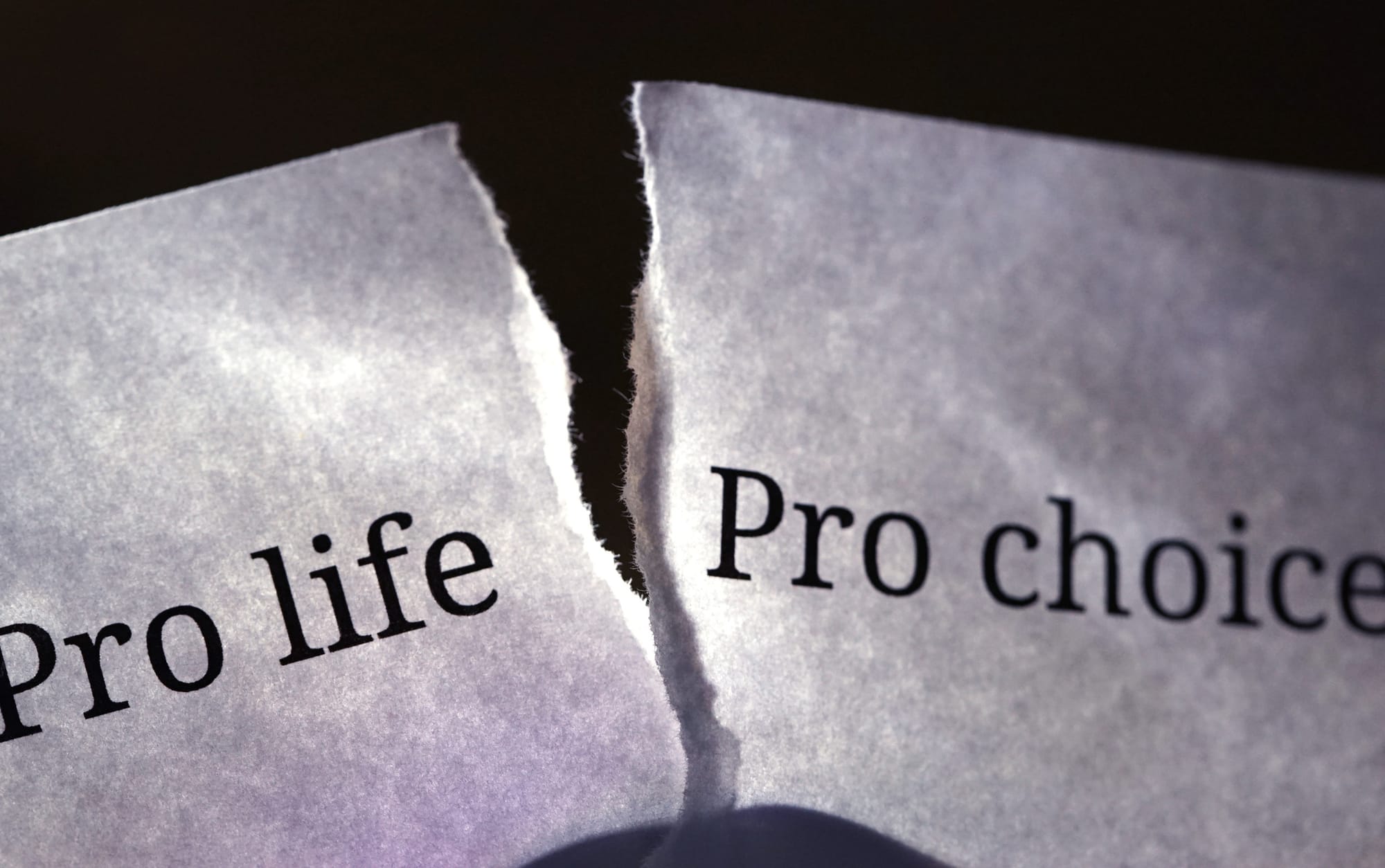
In 2016 Kathleen Clubb, a mother of thirteen children and an active member of the US-founded anti-abortion group known as Helpers of God’s Precious Infants, became the first person to be charged for breaching Victoria’s “safe access zone” laws.
The laws, which took effect in November 2015, make it illegal for anti-abortionists to protest within 150 metres of abortion clinics. They are intended to protect health workers and their patients from, amongst other things, being confronted and intimidated by protesters in a manner “reasonably likely to cause distress or anxiety”.
After protesting outside the Fertility Control Clinic in East Melbourne six days a week for more than two decades, the Helpers of God’s Precious Infants were not willing to cease their anti-abortion protesting, despite the new laws.
In October last year, Clubb was found guilty of “prohibited behaviour” within a “safe access zone” outside the clinic and fined $5000.
Clubb was convicted after what appeared to be a calculated breach of the legislation. Members of Helpers of God’s Precious Infants told police that they intended to breach the legislation, and Clubb was given a police warning before and after she engaged in the conduct which resulted in her conviction.
She has appealed the conviction, questioning the constitutional validity of the Victorian law itself.
Now, beginning on Tuesday, October 9, the High Court of Australia will begin hearing the challenge to the Victorian law, in conjunction with a challenge to similar Tasmanian safe access zone provisions of Tasmania’s Reproductive Health (Access to Terminations) Act 2013 brought by John Graham Preston, a resident of Queensland who was convicted for contravention of Tasmania’s safe access zone provisions.
The High Court will determine whether one part of the laws, prohibiting communications “reasonably likely to cause distress or anxiety”, is consistent with the freedom of political communication implied in the Australian Constitution.
“What is at stake is women’s safety, dignity and fundamental rights.”
The Castan Centre for Human Rights Law at Monash University has been granted leave to appear in the High Court case as amicus curiae (Latin for “a friend of the court”), in the form of written submissions to assist the court with constitutional facts relevant to the Victorian case.
“The case will determine whether the protesters’ right to express their views overrides women’s rights to access lawful health services without harassment, intimidation and invasions of privacy,” says Dr Tania Penovic, who is a Senior Lecturer in the Faculty of Law and a Deputy Director of the Castan Centre.
“What is at stake is women’s safety, dignity and fundamental rights.”
The Castan Centre’s written submission, which is co-authored by Dr Penovic, Dr Ronli Sifris and Dr Caroline Henckels, says the Victorian laws do not breach the Australian Constitution.
It draws on empirical research conducted by Dr Sifris and Dr Penovic and involved interviews with workers and patients at these clinics.
The research is the first of its kind in Australia to show the practical impact of anti-abortion protest and the operation of safe access zone legislation.
“The Castan Centre’s research, which we have submitted to the High Court, shows that the safe access zone law has significantly reduced the aggressive protest methods used by anti-abortion protesters," Dr Henckels said.
“The law has assisted women to access abortion clinics safely and with dignity.”
The High Court's final decision will have ramifications outside Victoria and Tasmania - five jurisdictions have these laws, and Queensland’s parliament is considering similar legislation.





